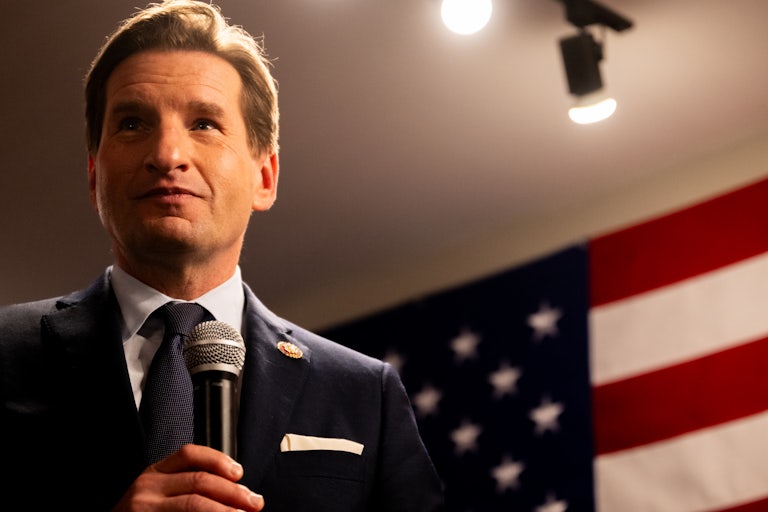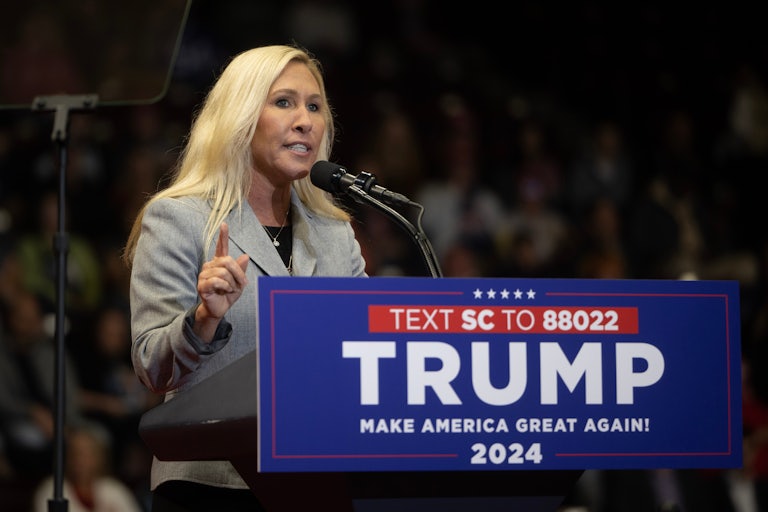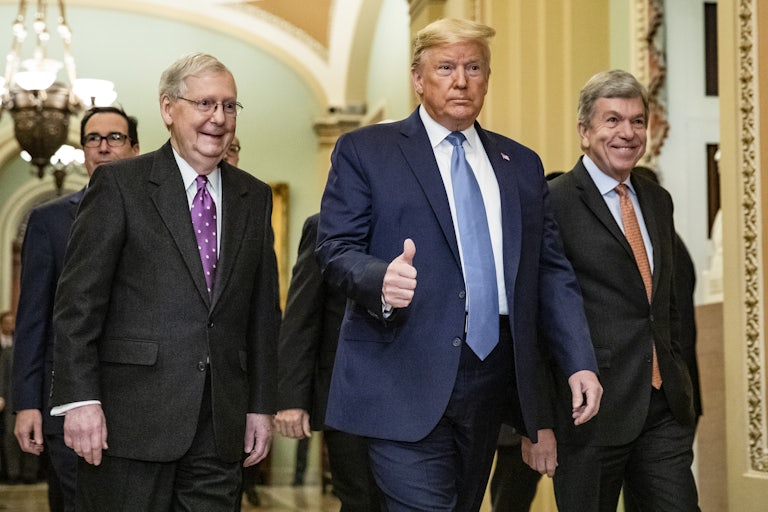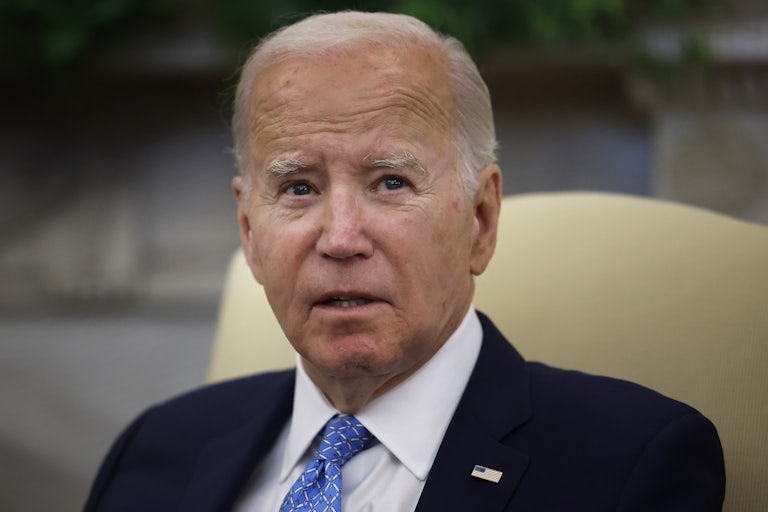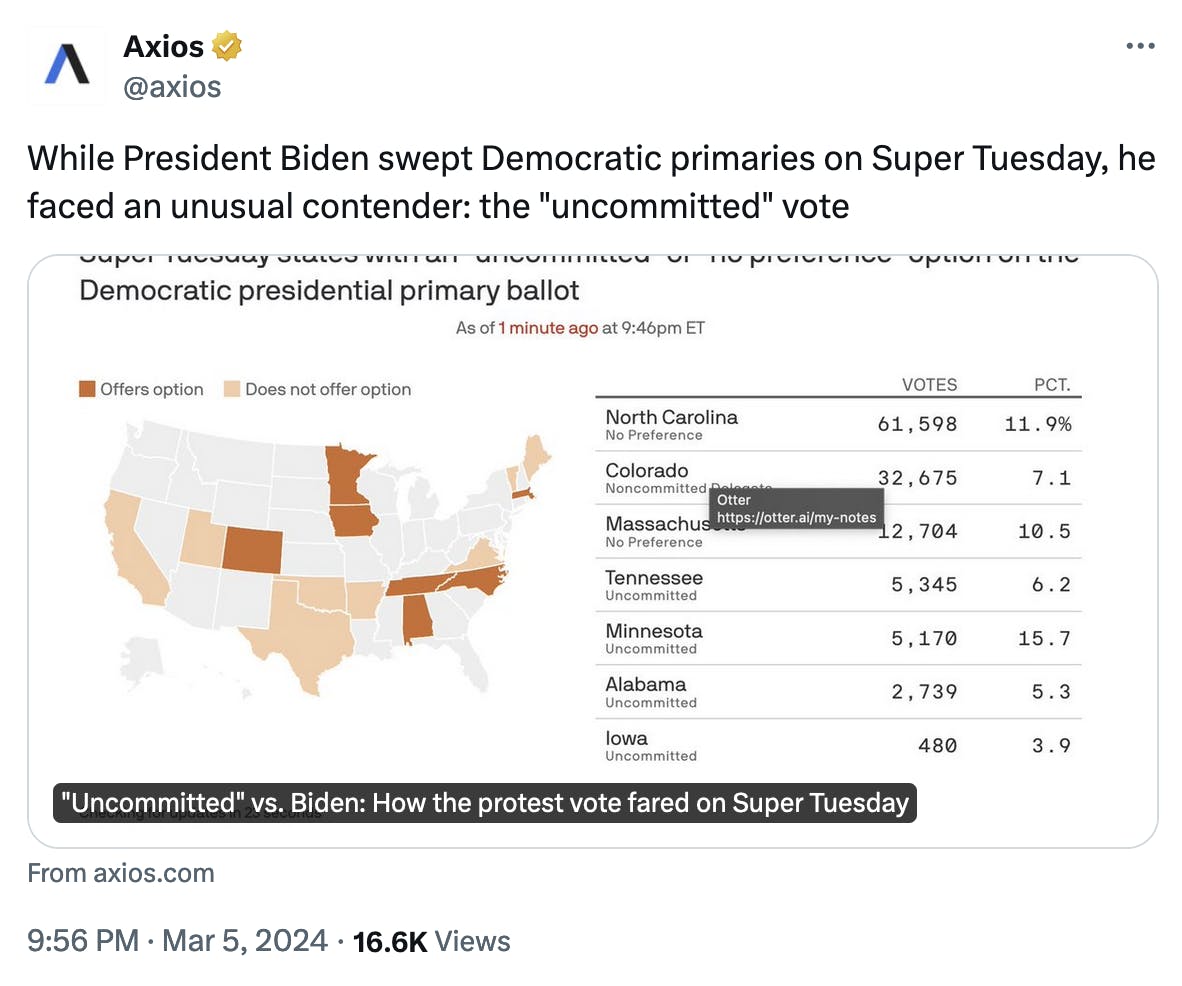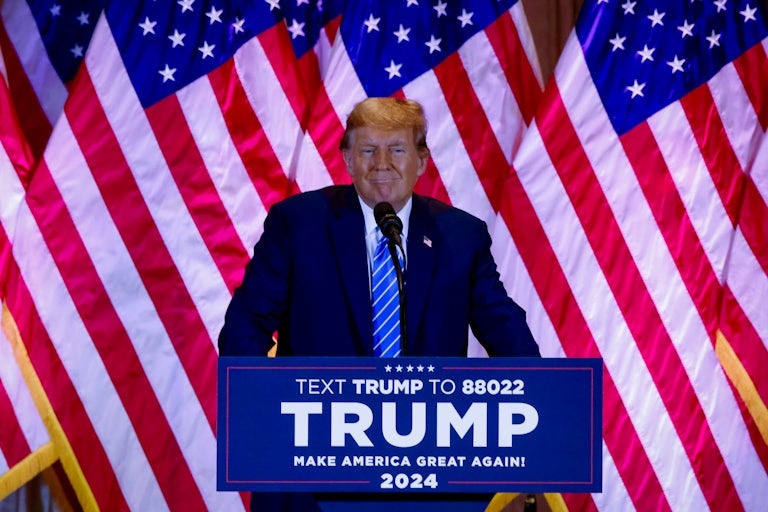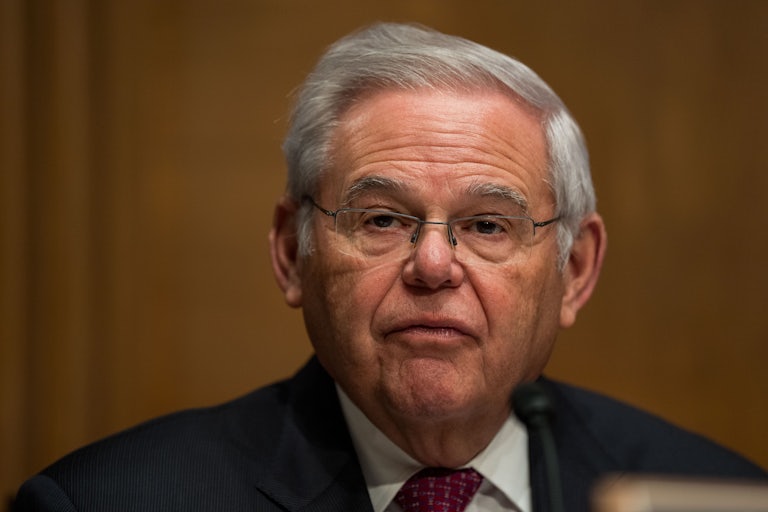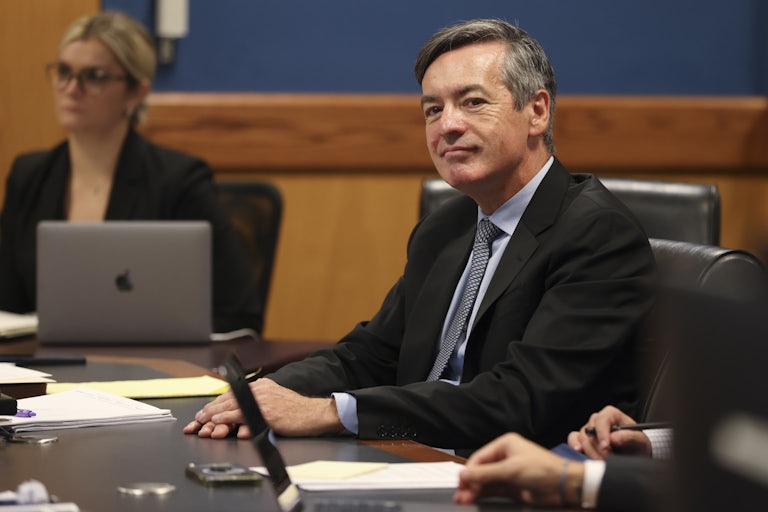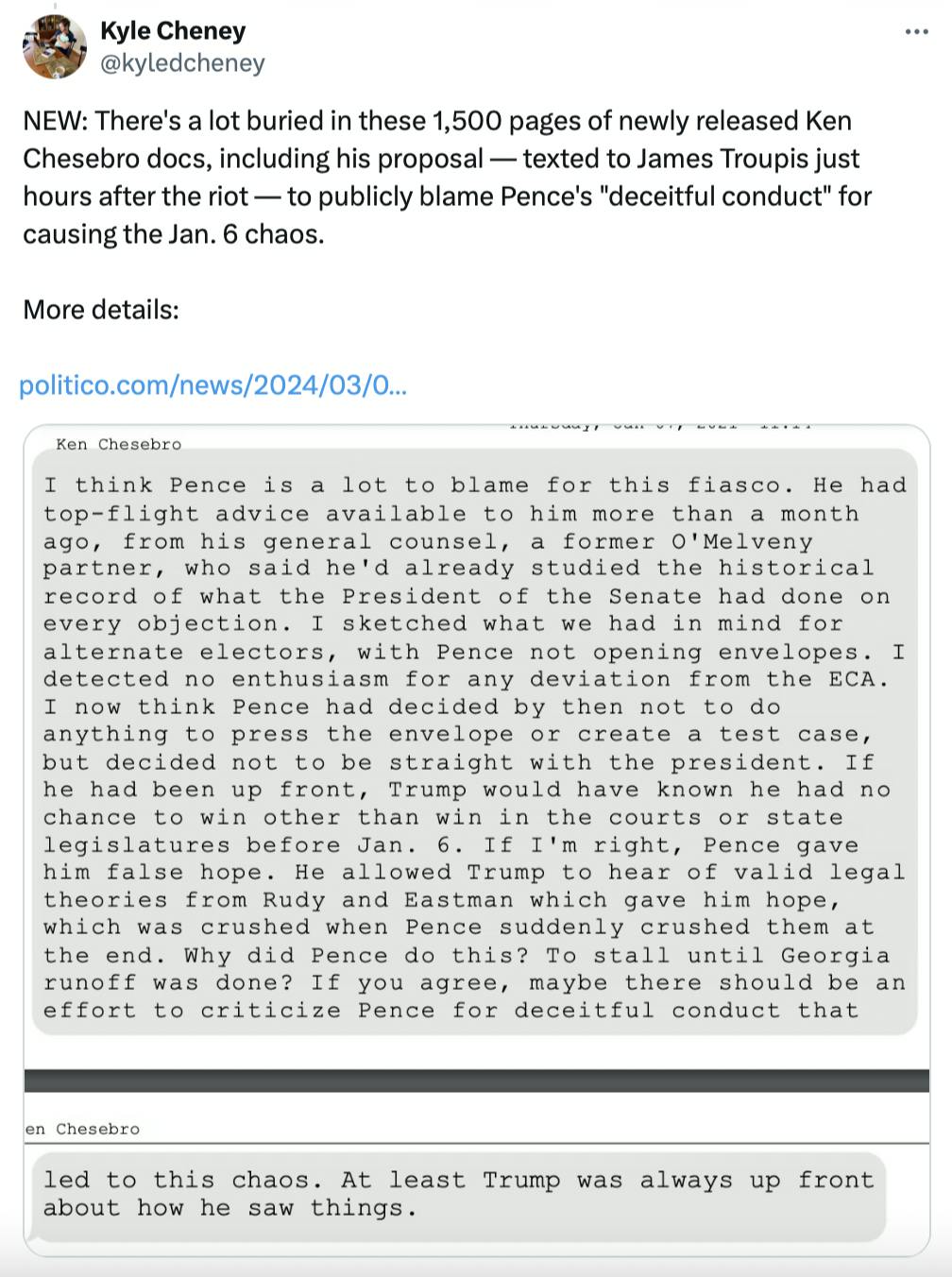Again?! The Supreme Court Hands Trump Another Immunity Favor
The Supreme Court, with its three Trump-appointed justices, is seriously helping out the former president in his immunity trial.
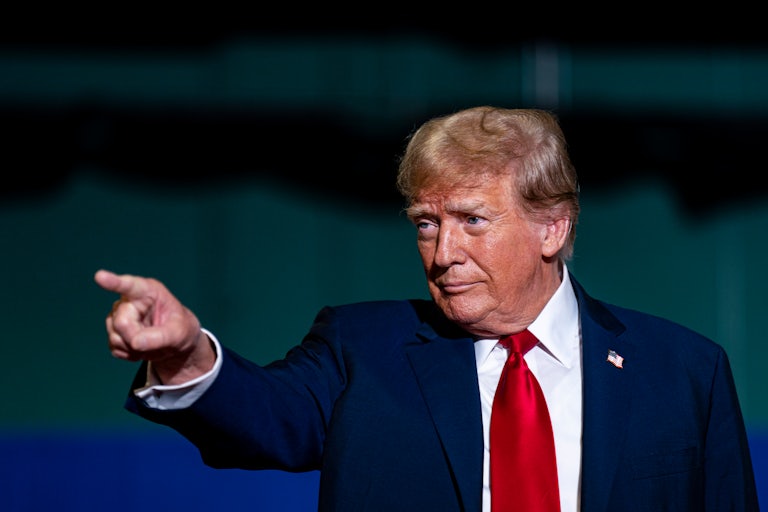
Donald Trump is currently facing federal charges for involvement in the January 6 riot to overturn the 2020 presidential election results. In an effort to save his own skin, Donald Trump has claimed that he, as a former president, has legal immunity for any actions committed while he was in office.
The legal question, despite being discredited by several experts, has made its way to the Supreme Court, which announced last week that it would begin to hear the case the week of April 22. That announcement was already seen by many experts as a victory for Team Trump, as the federal election interference trial can’t begin until the Supreme Court weighs in. In other words, perhaps the biggest case against Trump has been pushed back by months.
On Wednesday, however, the nine-member court, three of whom were appointed by Trump, once again decided “what’s the rush?” and declared the case’s arguments will begin April 25. Putting the case on almost the last day of the week suggests another lengthy delay to ultimately decide it.
While seemingly minor, the change undoubtedly benefits the former president, the latest such decision from the Supreme Court to do so. The fact that the court is hearing the case at all could delay Trump’s January 6 case until after the election, giving him the benefit of voters not seeing him as a convicted felon on their ballots. Trump is still enjoying a victory from the Supreme Court ruling that Colorado, as well as other states, can’t enforce the Constitution’s disqualification clause against federal officeholders and remove him from their ballots. The entirety of that ruling also drew criticism from legal experts, even those who agreed with the gist of it.
Every legal case against Trump, a former president, is unprecedented. With the Supreme Court’s decision to drag its feet on the immunity question, Trump could potentially be reelected and then be found guilty of federal crimes shortly afterward. How would the country navigate that thorny legal question?
